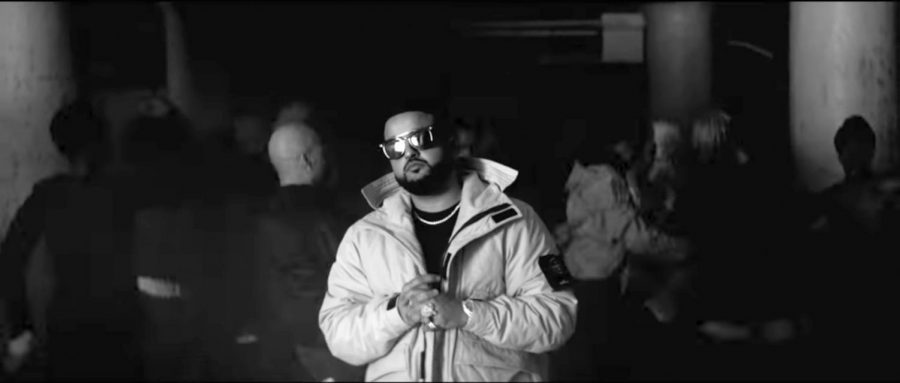The “Brown Boy” is Back
April 24, 2019
After taking a short leave of absence, Canadian hip-hop artist NAV returned to the music scene by dropping his latest album “Bad Habits.” After the manager of NAV’s label, XO, released four songs labelled as the “Brown Boy EP,” NAV decided to release his full album a week later with a more extended tracklist. With features from popular artists such as Meek Mill, The Weeknd and Young Thug, the album immediately received attention from viewers across all music streaming platforms. Recently, this album reached number one on the Billboard Top 200 album chart. While the album may seem simplistic at first, NAV shares some of his personal experiences as a popular artist with family conflicts. He suggests that popularity affects someone in more severe ways aside from the many materialistic things they are able to afford.
In his song “Tension,” NAV begins to talk about the troubles behind being a popular artist, mentioning how, “They wasn’t used to people who looked like me (I feel tension).” As one of the most well known hip-hop artists in the hip-hop scene, NAV explains how people have misconceptions about his ability to produce music simply based on how he looks. His appearance makes it more difficult for him to become successful since many originally doubted his skill as an Indian to make hip-hop music.
Further along in the album, the song featuring The Weeknd called “Price On My Head” further discusses the problems with fame. In one line, The Weeknd explains how “I’m so paranoid, I’ma sleep when I’m dead.” The Weeknd shows that, as a popular artist, there are many people who will want to become friends with him because his fame, however they will eventually turn on him. Because of this, he always has to stay alert of these types of people.
Later on, NAV takes a more personal approach to his popularity with his song “Why You Crying Mama.” NAV mentions how his mother “don’t want no presents, she just want my presence.” Although NAV is able to afford plenty of luxury products for his mother, such as Chanel which he mentions in the song, his mother cares much more about seeing her son again. This is another drawback of being a popular artist, as touring and producing takes almost all of the artist’s time up, leaving them little time to actually visit their family.
Overall, the album is a step in the direction for NAV as an artist. Although there are a couple of songs that contributed little to the meaningfulness behind the album, such as “Ralo” and “Go To Hell,” songs like “Why You Crying Mama” give listeners a more meaningful message about the problems artists have to face. Most importantly, this album is an improvement from NAV’s previous album “Reckless,” which was mostly NAV trying to follow the mainstream sound without any substance whatsoever. However in this album, he is able to go beyond the normal flex and let the listeners in on who he is as a person and what his experiences have been. This album is a reminder that NAV hasn’t completely forgotten his sound before fame, which was more centered on telling his story. His older sound will be more respected by a broader audience, and he will be able to grow beyond his usual fanbase.




